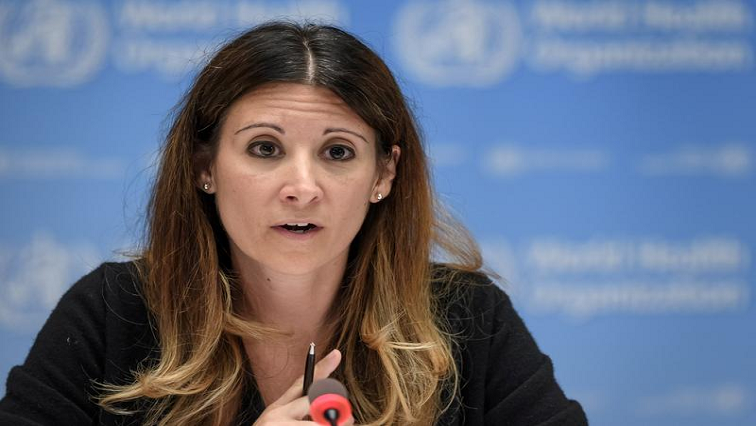Maria van Kerkhove, the WHO’s technical lead on COVID-19 says, the variant has a number of concerning mutations, however, scientists in South Africa and across the globe are working swiftly to understand the characteristics of the Omicron, in order to contain its spread.
The World Health Organisation has officially classified the Omicron variant as a variant of concern. The variant was initially discovered in South Africa and has now also been identified in Botswana, Belgium, Hong Kong and Israel.
A number of countries around the world have decided to restrict travel to and from southern Africa.
President Cyril Ramaphosa is on Saturday convening a meeting of the National Coronavirus Council to discuss Omicron and the rising number of new infections, particularly in Gauteng.
Maria van Kerkhove, the WHO’s technical lead on COVID-19 says, the variant has a number of concerning mutations, however, scientists in South Africa and across the globe are working swiftly to understand the characteristics of the Omicron, in order to contain its spread.
“Based on the information that we have particularly from South Africa. They have advised WHO that we classify this variant as a variant of concern. We are announcing B.1.1.529 as a variant of concern, named Omicron. Omicron is a variant of concern because it has concerning properties.”
Van Kerkhove adds: “This variant has a large number of mutations and some of these mutations have worrying characteristics. Right now, there are many studies that are underway, there is a lot of work being done in SA and other countries to better characterise the variant itself, in terms of transmissibility, severity. Once a variant is classified as a variant of concern, it’s really important that we have good SARS C0V-2 surveillance around the world.”
SABC news
